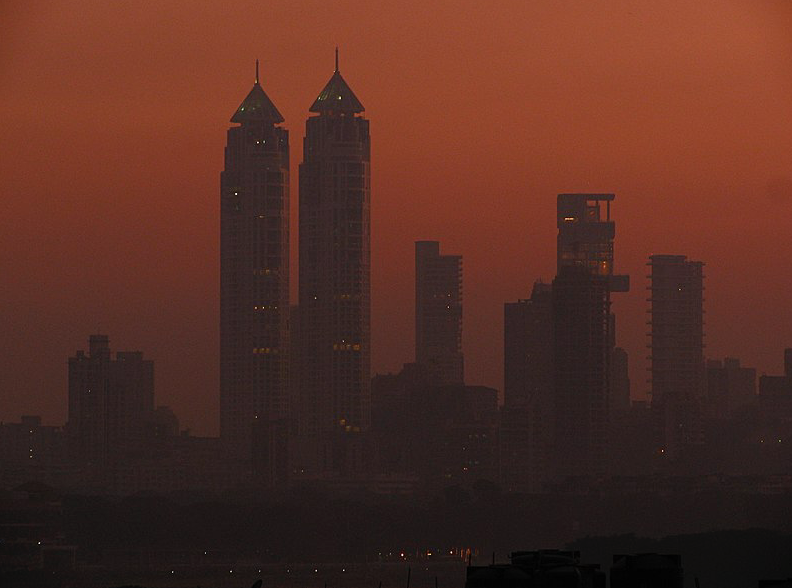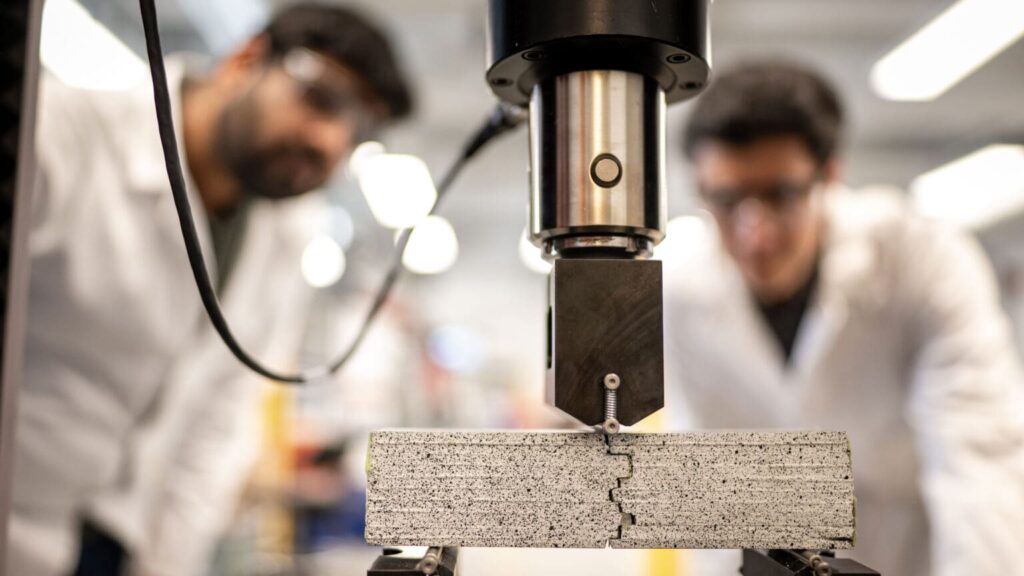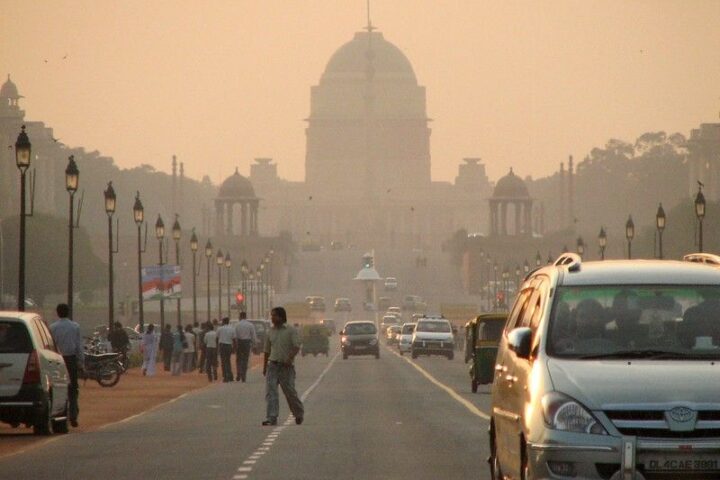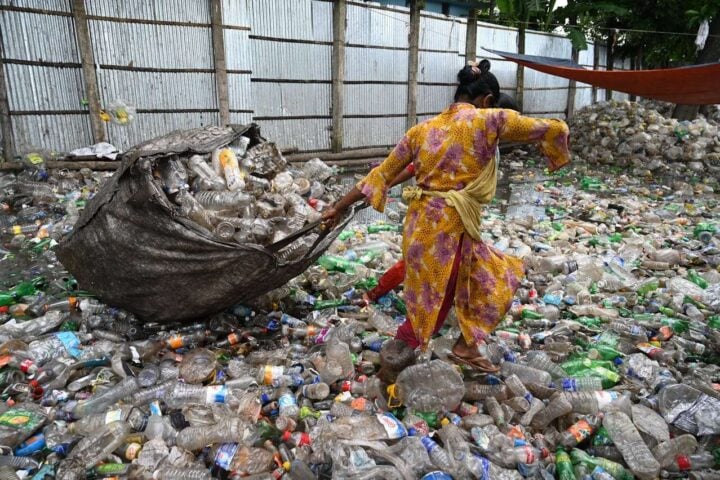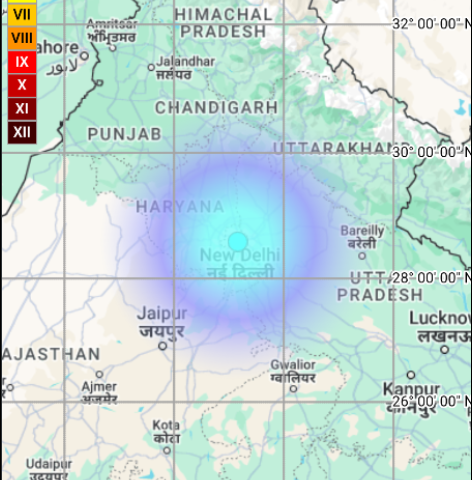According to a report released by the Praja Foundation on Tuesday, complaints related to air pollution in Mumbai city have increased by 305 percent over the past five years. The report indicates that the quality of air in the city has deteriorated by 22 percent between 2019 and 2023.
Data has been obtained from the BMC’s Centralized Complaints Registration System (CCRS), where citizens register complaints regarding issues such as air pollution, solid waste management, drainage, and water supply. In 2019, 169 complaints related to air pollution were registered, while in 2023, citizens lodged 658 complaints about this issue. Over the past five years, there has been an increase of 183 complaints related to pollution, including air pollution, noise pollution, etc.
Although the report indicates a deterioration of 22 percent in air quality over the past five years, data provided by the Central Pollution Control Board (CPCB) for 2023 shows that the Air Quality Index (AQI) was “good” for 15 percent of the days, “satisfactory” for 19 percent (71 days), and “moderate” for 26 percent (96 days). Two days in the past year recorded very poor AQI.
Similar Post
According to the report, there has been a 50 percent increase in complaints from 2014 to 2023. In 2014, a total of 80,420 complaints were registered, while in 2023, this number reached 120,296. During 2023, the Solid Waste Management Department received the highest number of complaints at 24,690, followed by drainage (18,751) and permits (13,673).
Despite the increase in complaints, it has been observed in the Praja survey that it takes approximately 32 days for civic authorities to resolve flagged issues, although as per BMC regulations, civic complaints should be addressed within an average of six days.
Due to the absence of elected representatives and their representatives who were absent from elections and those elected, there has been a significant delay in addressing civic issues in recent years, according to voluntary organizations. Milind Mhaskar, the CEO of Praja Foundation, emphasized that councilors serve as both the initial point of contact and the final option for addressing urban issues. He highlighted that in their absence, public servants and other stakeholders often fail to take responsibility for public concerns.
